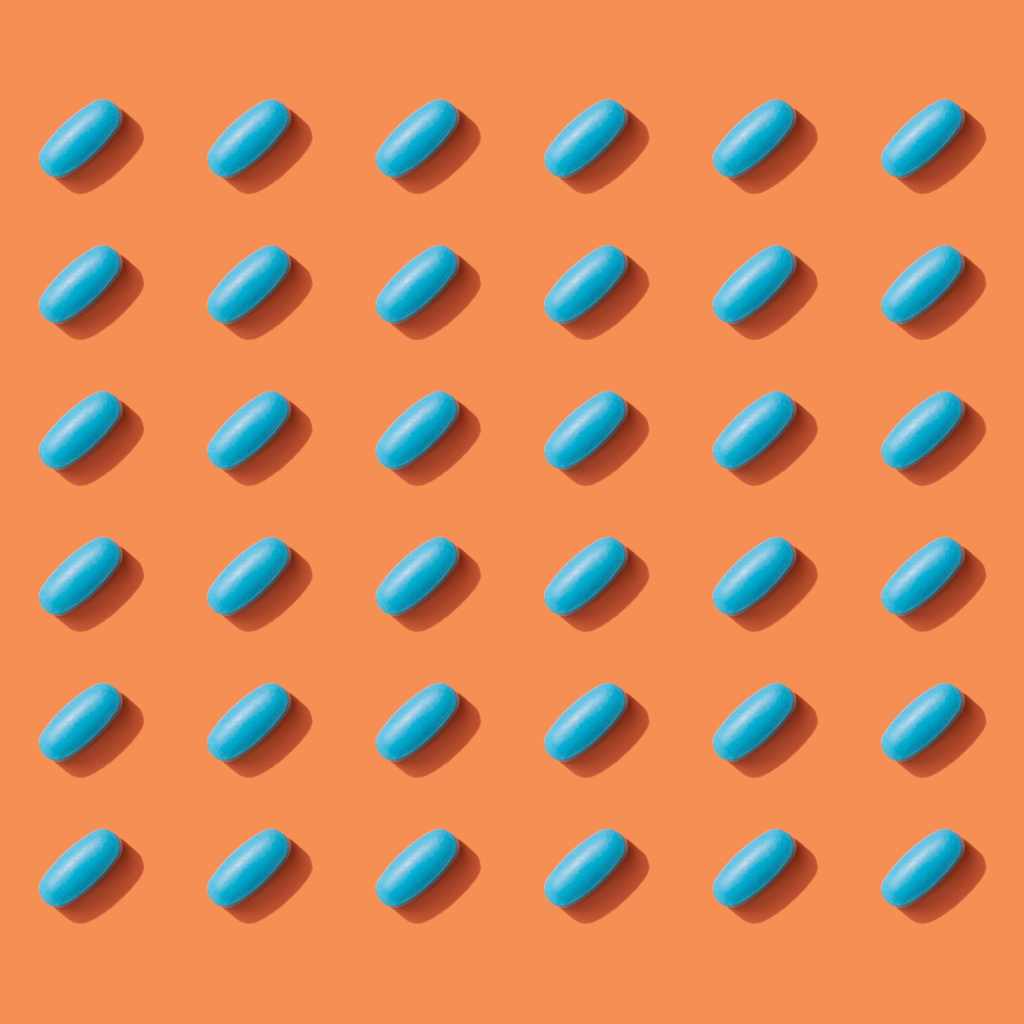It’s no secret that when you’re looking to help your hair grow, biotin – whether it be in the form of infused shampoos, conditioners, or supplements – can be a solid option to consider. Aside from it being beneficial to hair health, biotin, also known as vitamin B7, can also give your skin and nails a boost. Recently, however, there have been concerns that there may be a link between the vitamin and acne.
If you’ve experienced breakouts after ingesting the vitamin – or if you’ve spent some time wondering about the potential side effects they might have on your skin should you start taking them – it’s worth noting there’s not enough research to conclude that biotin is the cause.
“While not everyone who takes biotin will experience acne, there are some anecdotal reports of people noticing increased acne after taking biotin,” dermatologist Marisa Garshick, MD, told POPSUGAR. “When biotin is taken as a supplement, the amount of biotin in the gut may be relatively higher than the amount of other B vitamins, specifically vitamin B5, also known as pantothenic acid.” Pantothenic acid, as Dr. Garshick explains, has been known to help prevent acne, so when less of it is present in the body, theoretically, it can lead to breakouts.
On the flip side, even though minimal evidence suggests that taking biotin can cause acne, some research has lead people to believe that biotin can be used to treat it. According to Dr. Garshick, this has only been looked into when the biotin is combined with other acne-fighting ingredients though when several participants in a recent study took the supplement and saw improvements in their skin, it wasn’t clear how much of the improvement was actually related to the biotin itself versus the other ingredients.
As always, if you’ve been looking into taking biotin (or any supplements) lately or if you have specific questions about treating and preventing acne, the best thing for you do is reach out to a doctor or dermatologist for more definitive instructions.

